Payment Channels – How do you want to get paid?
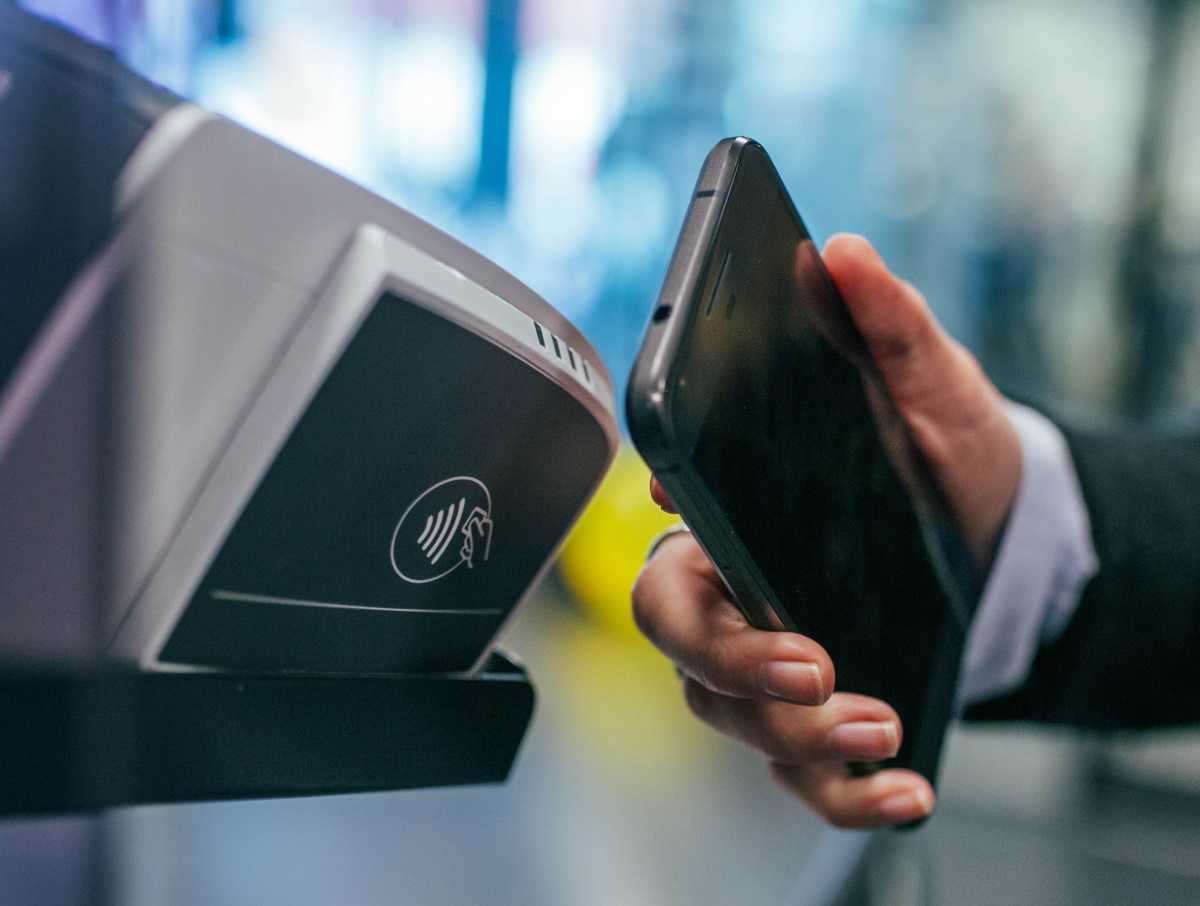
This post is also available in:
![]()
![]()
![]()
Cash, Cards, mobile phones, digital wallets, the number of ways you can pay for goods and services is continuing to expand. So which payment channels will your business accept?
To cater to the needs of everyone, you may think that using every available option is the best thing you can do. However, doing everything to suit everybody may not be in the best interests of your business.
You have to decide your path forward with your target clients in mind, but also what it means to you.
Cash
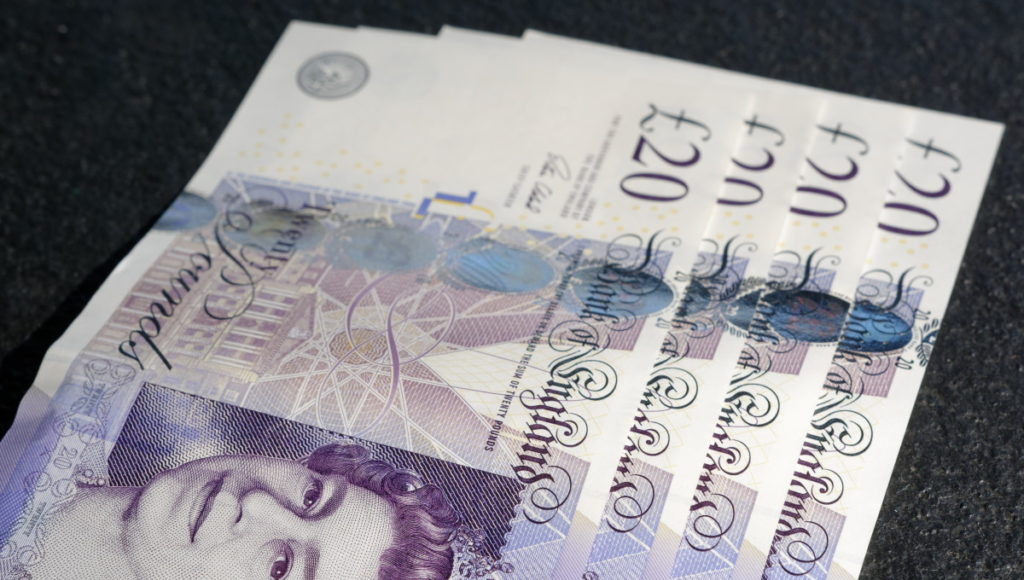
Everybody has access to money, in one way or another. Some use the cash system to make sure they don’t exceed their weekly expenditure over the month. Some prefer to keep cash handy for emergencies; when the card reader doesn’t work, or the internet is down – it’s happened to us all. Cash is the common denominator in most cases.
What it means to you:
- A secure storage place.
- Time spent depositing cash into a bank.
- No card or payment processing charges.
- Greater scrutiny at audit – large volumes of cash transactions draw suspicion.
Cards – Debit or Credit
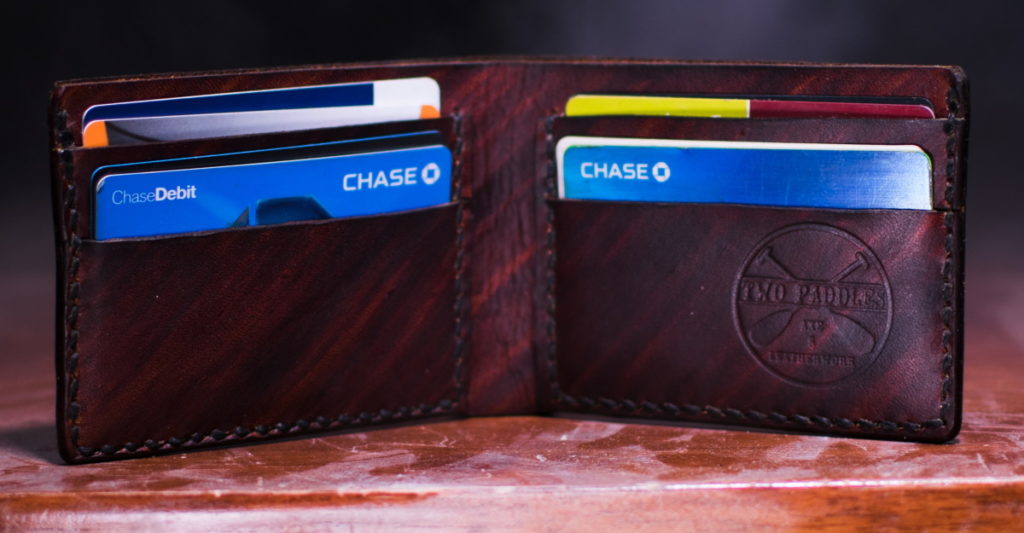
Cards have become the norm. However, even in developed countries, you’ll find small enclaves that have resisted the digital age and insist on cash transactions. It is unusual to find a business that doesn’t accept most types of credit or debit card these days. Card readers have become inexpensive, charges have decreased, and they are more secure.
What it means to you:
- Buying a suitable card reader.
- Relationships with card issuers (Mastercard, Visa, AmEx, etc.)
- Payment processing charges.
Payment gateways
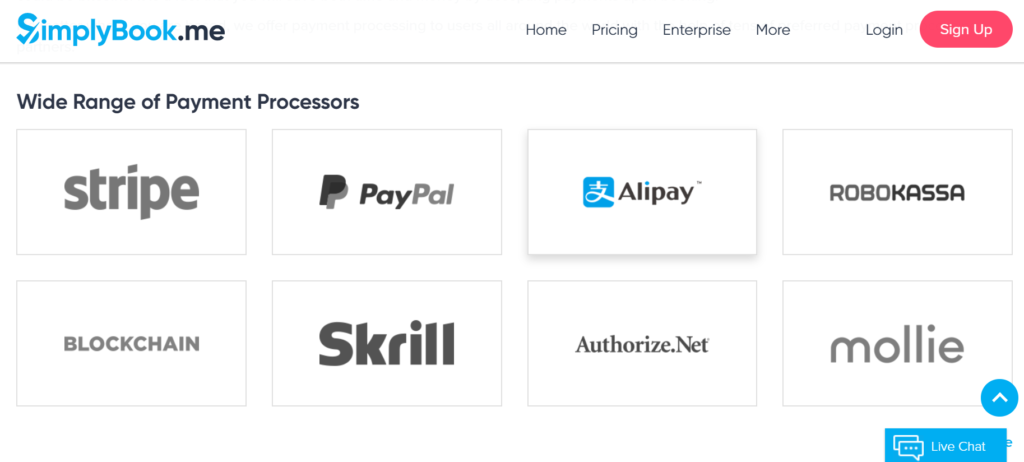
The internet has been the gateway to third-party payment processors, and that is fair. Very few people like the idea of handing over their credit card details online without a guarantee that no one else will get them. If a user can pay with a payment portal, such as Stripe, PayPal, or Square, then only one player needs access to their account/card details.
What it means to you:
- Getting an account with or two of the most appropriate payment portals in your region (country/continent).
- Payment processing charges.
- Easily accept payments online.
- Making sure you have a simple transaction process between Portal and bank account.
Mobile Payments
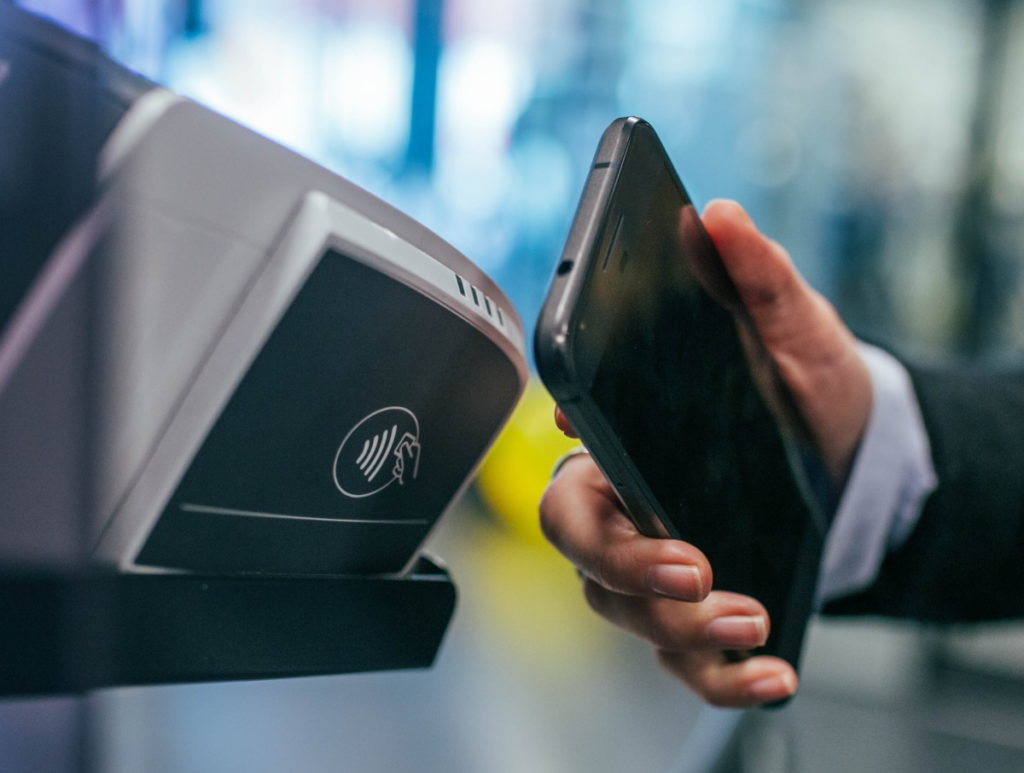
Google, Apple, Samsung, Ali, and several more have an identical “Pay” suffix, that means you can use your smartphone (and associated app) to pay for services. While mobile payments have been less commonplace in western countries, the APAC region has embraced mobile payments where they eschewed the ubiquity of cards.
It would be boring if everyone were the same. However, mobile payments are filtering into western society through the smartphone and becoming more common. Mobile payments have the benefit of being practical, both on-site and online.
What it means to you:
- Creating accounts with the providers you want to use, maybe GooglePay and ApplePay (the ones that work for you).
- Marketing your new payment channel – no point having it if your clients don’t know.
- Linking a bank transfer account to your mobile pay accounts.
Alternative Currencies ( you know I’m talking Crypto now, right?)
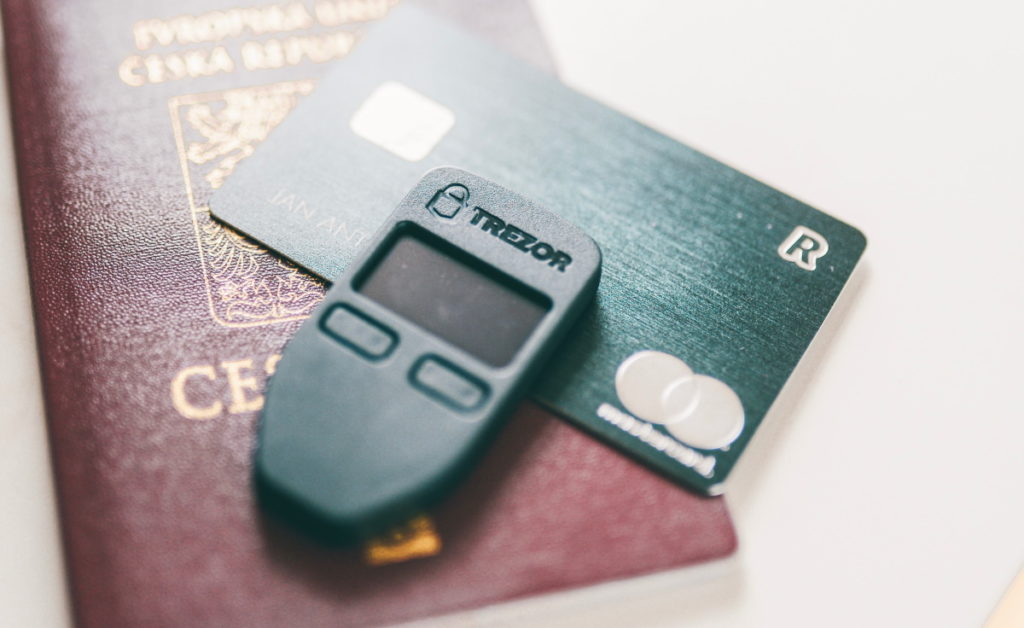
The crypto bubble is waxing and waning, but it does seem determined to stick around, despite dire warnings and claims of gimcrackery. A great deal of money has gone into and been created in this commercial space and people either want to use it, invest it, or prove that it works as currency. Whether or not you decide to accept cryptocurrency as a payment channel for your business is up to you. If you run a tech service, you might find some of your biggest clients demand it.
There are alternatives, some payment processors have become prevalent because they facilitate the transaction of cryptocurrencies into fiat currency payments (the customer pays with his Bitcoin, but you get your local currency equivalent).
It’s not a secure space to enter for a retail service provider, and you would have to be very sure that your business would benefit from its introduction.
What it means to you:
- Cryptocurrency is volatile in value – no guaranteed fiat equivalent in future.
- An account with a cryptocurrency payment provider
- A digital wallet
- Understanding of the taxation rules and regulations in your region.
Which payment channels do you need?
Your business and your clients determine the payment channel needs. If you have a company that operates as a purely online venture, you will not need cash deposits. However, in the other direction, a strictly physical business requires a range of payment channels to suit your customers.
If you have a gym, a clinic, an escape room, or a salon, you will need to allow your clients to pay with cash at some point. Even if it’s a once-in-a-blue-moon occurrence, sometimes, people want to pay with cash.
You will also need the means to accept card payments. Practically everyone has a cash or credit card; they’re secure, don’t take up a lot of space in a wallet, and they reduce the risks of walking around with large amounts of cash.
If you use a combination of physical sites and online resources to provide your services, you will need a method of payment that can be processed digitally. You can offer the ability to pay directly by card, but many people have become increasingly aware of the risks of putting card details directly into websites. This is where payment processors such as PayPal, Square and Stripe come in handy. There is security in using these processors that attract senders and receivers. Protection against fraudulent charges encourages people to use these payment channels.
Mobile payment channels also cover digital payment needs and are popular payment methods in China and Pacific countries. While they gained popularity in the Asia-Pacific regions, mobile payment is spreading quickly as a viable option. Again, if you need a digital payment option, cryptocurrencies are a potential option for your service (but only if your clients want it).
Make your decisions wisely
Check with your clients, and ask what they want to use. Ask for reviews and maybe even have a feedback survey. If you get regular requests for specific payment channels, it’s perhaps time to shake up your options. However, make sure that adding new payment streams doesn’t add too much extra work. If you add payment channels that don’t equate to client retentions or new customers, you really aren’t making the correct choices
Make sure your business, whether online or physical, is correctly represented. If you have physical premises or services in different countries, you will want to ensure that your payment channels reflect your international customers.
It would be unwise to choose Stripe as your only payment processor if you operate in Greece, Cyprus, and Israel; only one of those countries has Stripe representation. Likewise, if your customers tend towards being elderly, you might want to avoid payment portals and mobile payments. If you have a significantly youthful client base, the technological options are probably the right call.
Your payment channels should reflect both the nature of your business AND your clients.
When you think about which payment channels you want to use are you also thinking about the point of sale system, you will use too?
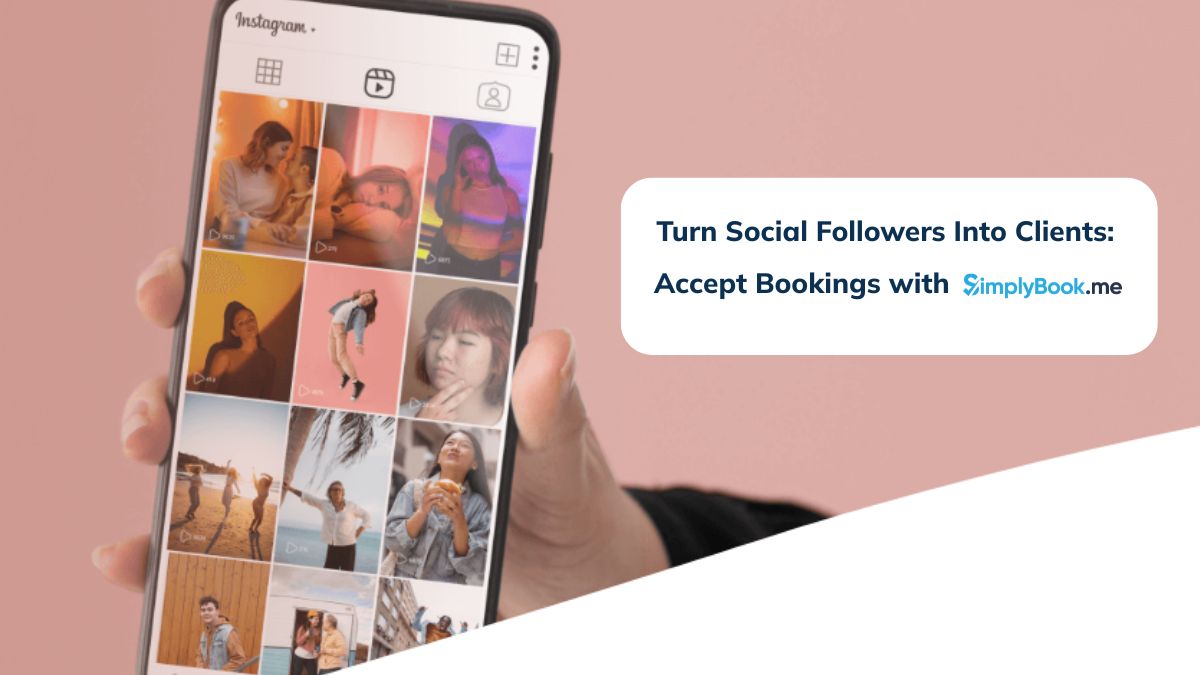

Comments
1 comments